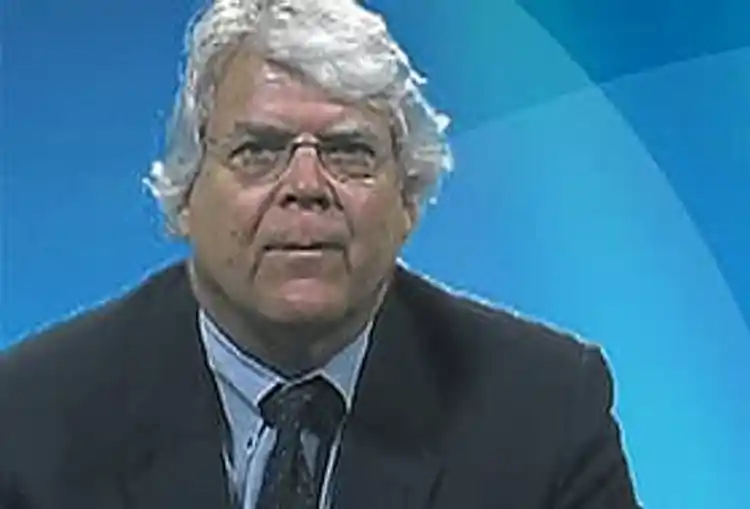Nondrug Treatments for ADHD -- Do They Work?

Hide Video Transcript
Video Transcript
Dr. Peter Yellowlees
This is the Medscape Psychiatry Minute. I'm Dr. Peter Yellowlees. Dr. Peter Yellowlees
Many nonpharmacologic treatments for attention-deficit/hyperactivity disorder, ADHD, are available and widely used, although their efficacy remains uncertain. Dr. Peter Yellowlees
Now a European team of investigators[1] has undertaken meta-analyses of the efficacy of dietary Dr. Peter Yellowlees (cont.)
(restricted elimination diets, artificial food color exclusions, and free fatty acid supplementation) and psychological (cognitive training, neurofeedback, and behavioral interventions) ADHD treatments. Dr. Peter Yellowlees
The authors found that free fatty acid supplementation produced small but significant reductions in ADHD symptoms and that artificial food color exclusion produced larger effects but often in individuals selected for food sensitivities. Dr. Peter Yellowlees
They concluded that better evidence for efficacy from blinded assessments is required for behavioral interventions, neurofeedback, cognitive training, and restricted elimination diets before they can be supported as treatments for core ADHD symptoms. Dr. Peter Yellowlees
It seems that, despite our patients' interest in them, we are still a long way from finding clinically effective nonpharmacologic interventions for ADHD. Dr. Peter Yellowlees
This article is selected from Medscape Best Evidence. I'm Dr. Peter Yellowlees. 